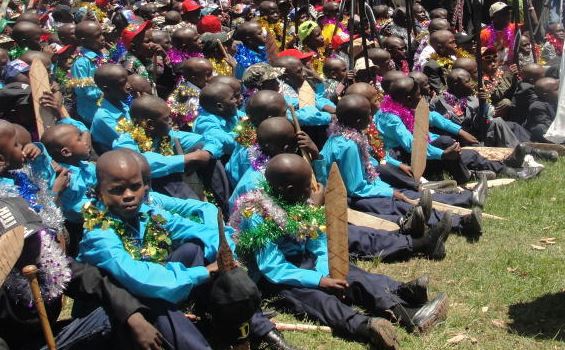×
The Standard e-Paper
Join Thousands Daily

It would have been a month of song, dance and feasting. And some pain.
As far back as anyone can remember, it has always been this way every five years in Hamisi Constituency, Vihiga County, when thousands of boys face the knife that ushers them into manhood.